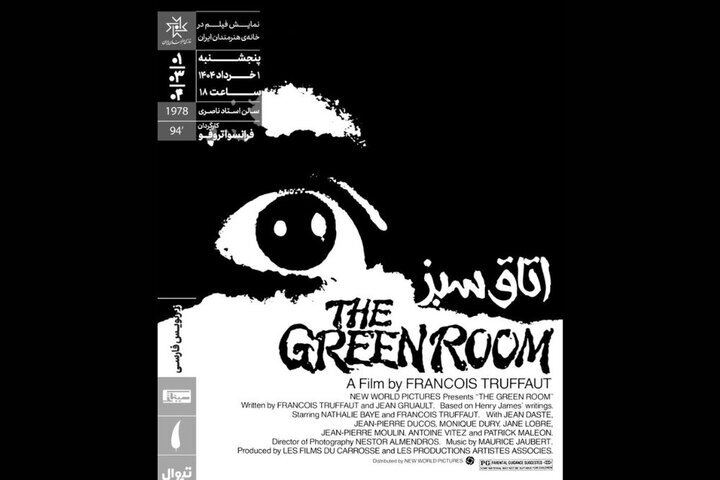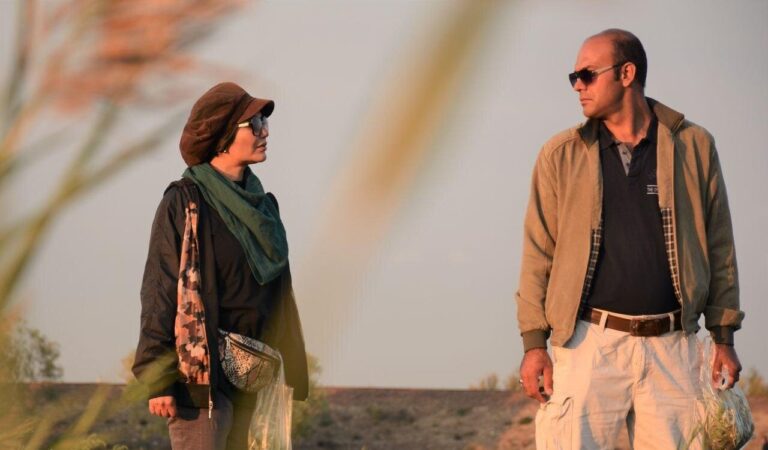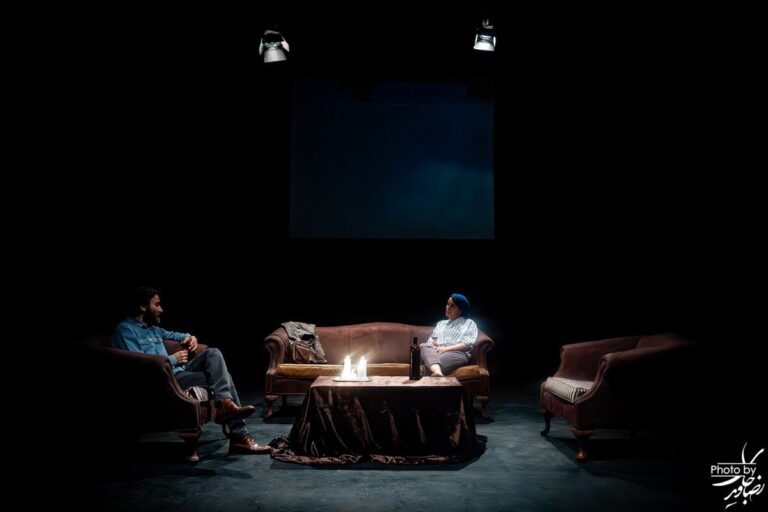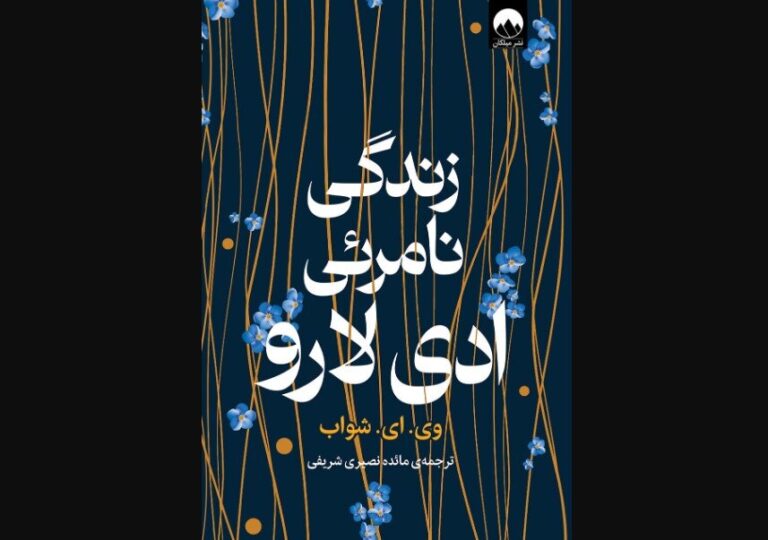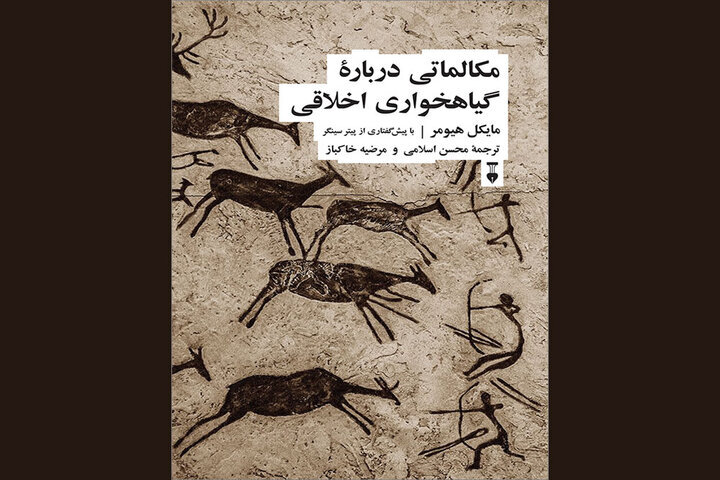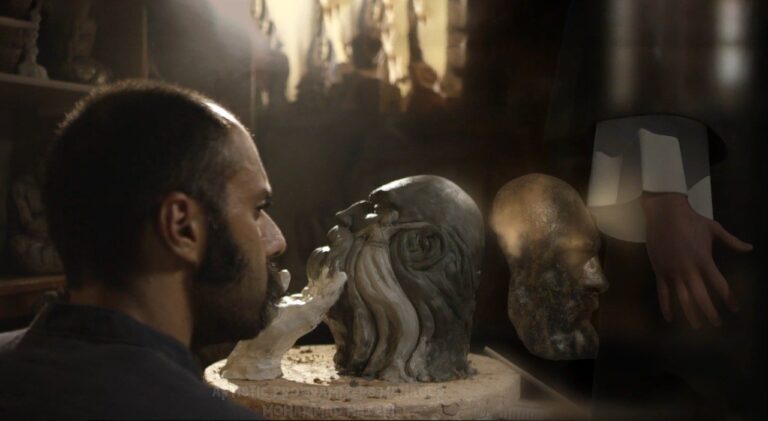Experience François Truffaut’s Timeless Classic ‘The Green Room’ at This Year’s IAF!
The Iranian Artists Forum (IAF) in Tehran is set to present a captivating screening of the 1978 French historical drama film, The Green Room, directed by the acclaimed filmmaker François Truffaut. This classic film will be showcased with Persian subtitles at the Nasseri Hall of the IAF on Thursday at 6 p.m., offering a unique opportunity for cinema enthusiasts to immerse themselves in this poignant story.
The Green Room is a profound exploration of themes related to memory and loss, inspired by the 1895 short story The Altar of the Dead by Henry James. This film intricately weaves together elements from two additional works by James: the 1903 novella The Beast in the Jungle and the 1896 short story The Way It Came. As Truffaut’s 17th feature film, it also marks the third and final occasion in which he took on a leading role in his own directorial projects.
The film features a talented cast, including Truffaut himself, Nathalie Baye, Jean Dasté, and Patrick Maléon. Truffaut dedicated several years to developing the script, driven by a deep connection to the themes of honoring and remembering those who have passed away. Notably, he incorporated portraits of individuals from his own life into the character’s personal Altar of the Dead.
Set in a quaint French town during the late 1920s, the narrative follows Julien Davenne, a journalist grappling with the loss of his wife, Julie, who died a decade earlier. Davenne has preserved all of Julie’s belongings in a green room, a tribute to her memory. However, when a fire ravages the room, he renovates a small chapel, dedicating it not only to Julie but also to all the deceased individuals he cherishes.
Despite its commercial struggles, The Green Room is regarded as one of Truffaut’s most celebrated films, showcasing a stark thematic contrast to his earlier works. This film invites viewers to reflect on childhood memories while simultaneously contemplating the later stages of life. Truffaut uses this narrative to express his contemplations on death and the act of remembering the dead—a recurring motif throughout his cinematic journey.
François Roland Truffaut (1932-1984) is heralded as one of the pioneering figures of the French New Wave, a movement that revolutionized cinema. His early exposure to film criticism under André Bazin shaped his perspective, leading him to champion the auteur theory, which asserts that a film’s director is its true creator. His groundbreaking film, The 400 Blows (1959), featuring Jean-Pierre Léaud as Truffaut’s alter ego Antoine Doinel, stands as a defining work of the New Wave. Additionally, Truffaut contributed to the movement with the story for the iconic film Breathless (1960), directed by his colleague Jean-Luc Godard.
Truffaut’s illustrious career includes several notable films that have left an indelible mark on cinema. Among these are:
- Shoot the Piano Player (1960)
- Jules and Jim (1962)
- The Soft Skin (1964)
- Two English Girls (1971)
- The Last Metro (1980)
His film Day for Night (1973) garnered the BAFTA Award for Best Film and the Academy Award for Best Foreign Language Film, further solidifying his reputation as a master filmmaker. Truffaut’s passion for cinema is also reflected in his written works, such as Hitchcock/Truffaut (1966), a notable book-length interview with his cinematic idol Alfred Hitchcock, which is highly regarded in film literature.
Truffaut’s admiration for Hitchcock is evident in several of his films, including The Bride Wore Black (1968), Mississippi Mermaid (1969), and his final film, Confidentially Yours (1981). His unique storytelling style and deep emotional resonance continue to inspire filmmakers and audiences alike.
Join the Iranian Artists Forum in celebrating the legacy of François Truffaut through the screening of The Green Room, a film that beautifully captures the essence of memory and the significance of remembering those we have lost. This event promises to be a poignant reminder of the enduring impact of cinema on our understanding of life and death.
